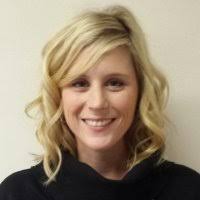Educator’s Speak: Q&A with LeeAnn Wellenstein at Port Washington High School


SecureFutures: How long have you been at Port Washington? And what class(es) do you teach?
This is my seventh year at PWHS. I teach Business classes (Personal Finance, Introduction to Business, Business & Personal Law, Web Technologies).
Is there a personal finance or financial requirement at your school/district?
Yes. The class (Personal Finance) must be taken at any grade prior to graduation. This started with the class of 2021 (this year’s freshman).

I learned on my own/family members.
What does Money Sense bring to your students that is so special?
Money Sense is a great ‘add-on’ to current curriculum. The speakers either will validate content that has already been taught by myself or they will introduce new material to students. Students particularly enjoy hearing about adult personal experiences. The
How do you feel our communities are impacted when teens, specifically, learn good financial behaviors?
Learning good financial habits at a young age will only benefit in the long run. Young people who learn the importance of saving, living on a budget, and the importance of long-term financial planning will, more likely, have an easier time applying and obtaining the loans most adults have (car, home, etc.), in turn, making it possible for young people to afford their monthly payments.
For more on Money Sense programs and scheduling, visit here.


